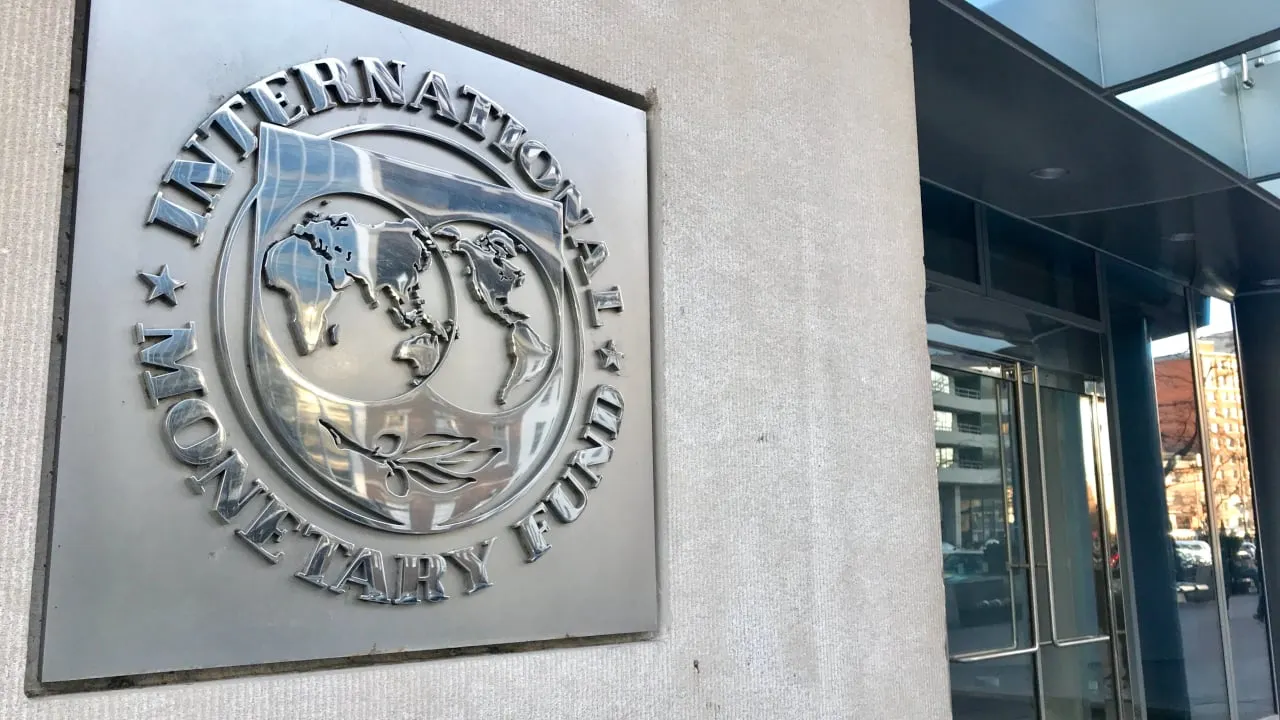Efforts to reach a universal policy approach to crypto took a step further on Thursday as two major financial regulators set out their plans for coordinated action.
The International Monetary Fund (IMF) and the G20’s risk watchdog, the Financial Stability Board (FSB), said in a joint white paper that a “comprehensive policy and regulatory response for crypto-assets is necessary to address the risks of crypto-assets to macroeconomic and financial stability”.
While the authors of the paper acknowledge that connections between crypto and the mainstream financial world have been limited, they still argue that widespread adoption would undermine the effectiveness of monetary policy, and that granting cryptocurrencies legal tender status poses a threat to stability.
The report sets out how the organizations will work together and with other agencies to keep an eye on the potential disruption posed by crypto, as well as implementing a series of high-level recommendations made by the FSB earlier this year.
Jurisdictions, the paper suggests, should “safeguard monetary sovereignty and strengthen monetary policy frameworks, guard against excessive capital flow volatility and adopt unambiguous tax treatment of crypto-assets” if they want to protect their economies from potential problems.
No new recommendations were made in the paper, with the focus instead on identifying risks and setting out a roadmap for the future.
The FSB and IMF also raised fears around stablecoins, saying their widespread use could lead to fragmentation of global payments, and pointing to the 2022 collapse of the Luna/Terra ecosystem as an example of how one failure could have knock-on impacts in the market.
But central bank digital currencies (CBDCs) are not covered by the scope of the latest report, despite the uptick in the number of countries planning to issue one. The paper also features no mention of NFTs.

